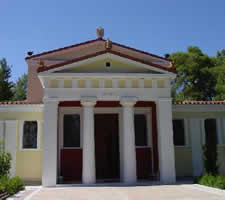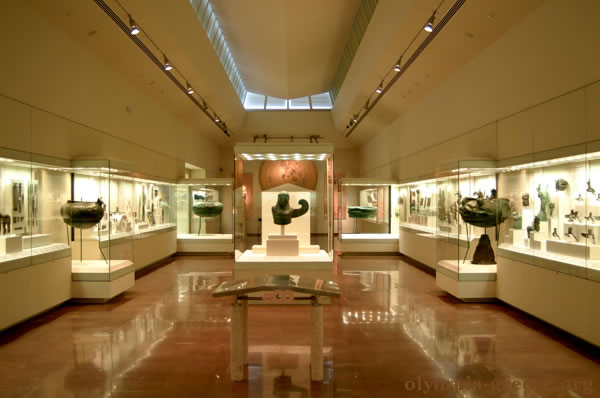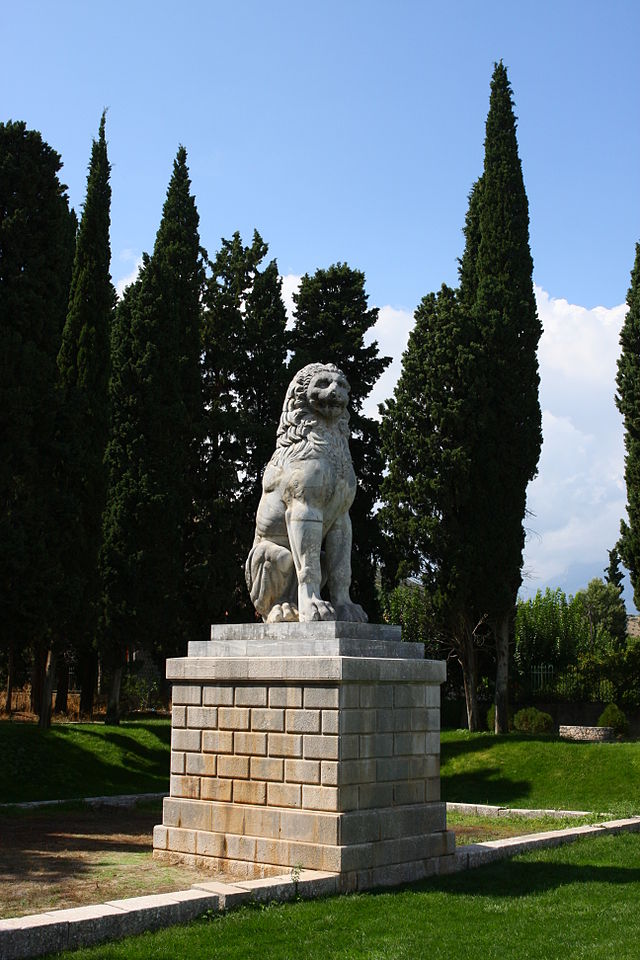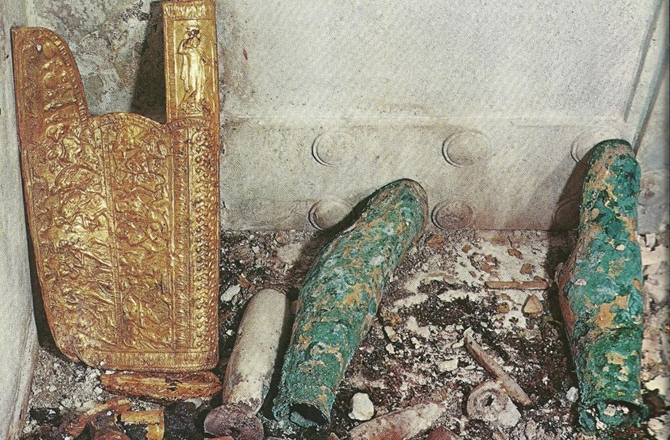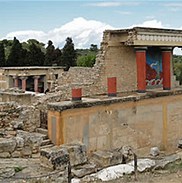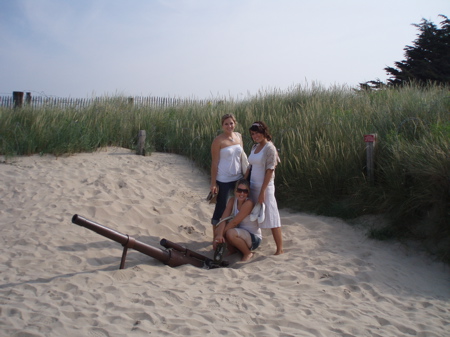The saying is “When seconds count, the police are only minutes away.”
I have a gun in my bedside table but do not carry one when I go out. At one time, about the time of the Rodney King riots, I had to go to LA to give a lecture and I put a gun in my car center console. Right now, I am concerned with whether we will see a terror attack next weekend.
Richard Fernandez has more to say about this today and, as usual, what he says is worthwhile. The photo above is of the ISIS murderer at Tunisia where he killed 37 people, all tourists, and walked along as though he was out for a stroll.
The staff of the hotel wash the blood from the site of the massacre.
Why did this happen ? Aside from the foolishness of British tourists going to a country where there was another attack recently. A previous attack killed 19 in March.
One commenter wondered what Someone was doing while this ‘tragedy’ occurred. “How come there was an alarm raised, carrying that machine gun, it was obvious to the onlookers in the picture. Somebody could have prevented another tragedy in the name of this perverse and ancient religion.”
Yes, where was that Someone ?
The West is filled with millions of people like Alex, all of them waiting for Someone.
Alex, a 23-year-old Sunday school teacher and babysitter, was trembling with excitement the day she told her Twitter followers that she had converted to Islam.
For months, she had been growing closer to a new group of friends online — the most attentive she had ever had — who were teaching her what it meant to be a Muslim. Increasingly, they were telling her about the Islamic State and how the group was building a homeland in Syria and Iraq where the holy could live according to God’s law.They are the product of a multi-decade campaign to deliberately empty people of their culture; to actually make them ashamed of it. They were purposely drained of God, country, family like chickens so they could be stuffed with the latest narrative of the progressive meme machine. The Gramscian idea was to produce a blank slate upon which the Marxist narrative could be written.
She is looking for Someone.
Too bad for the Gramscians that the Islamists are beating them to the empty sheets of paper. And they are better at it too.
George Orwell observed the takeover of hardcore Bolshevism by the periphery in the 1930s.
The first thing that must strike any outside observer is that Socialism, in its developed form is a theory confined entirely to the middle classes. The typical Socialist is not, as tremulous old ladies imagine, a ferocious-looking working man with greasy overalls and a raucous voice. He is either a youthful snob-Bolshevik who in five years’ time will quite probably have made a wealthy marriage and been converted to Roman Catholicism; or, still more typically, a prim little man with a white-collar job, usually a secret teetotaller and often with vegetarian leanings, with a history of Nonconformity behind him, and, above all, with a social position which he has no intention of forfeiting.
This is so typical of the gay marriage crowd who ignore the world while focusing on minutiae.
Meanwhile, the Obama Administration ignores ISIS hostages.
The White House did not do enough to rescue the four Americans. During Steve’s imprisonment, it rarely worked with the hostages’ families, kept them in the dark, and was essentially passive, rather than discussing ways to secure their release.During Steve’s imprisonment, it rarely worked with the hostages’ families, kept them in the dark, and was essentially passive, rather than discussing ways to secure their release. And though the White House finally authorized an extraction attempt in late June 2014, it waited far too long to do so.
Whether this is a good idea is another matter but the Administration is doing nothing and worse than nothing,
The FBI was useless. Its tasks were alternately to extract information and to comfort the family. It never shared intelligence. One European hostage, who was incarcerated with the Americans and subsequently released, told me he was shocked that the FBI seemed more interested in gathering evidence to prosecute the hostage-takers than it was in locating the Americans. Our lead agent misled me on several occasions,
Fernandez’ advice is simple.
That Someone’s busy with transfat, transgender and alternative marriage issues. He can’t bother with protecting borders. Just leave your number and the time you called, and he’ll get back to you. The state has finally achieved both universal jurisdiction and total impotence at one and the same moment.
What is to be done? The first task is to start gathering a circle of friends who live within walking distance of your home. Four people — a handyman, a nurse or doctor, an ex-cop or soldier and a strongback for preference — will do. Your second task is to support the causes you care about. Volunteer at your church or club. If you have no club, start one. Donate to your favorite website. If you don’t have a favorite, find one or go online yourself. Buy the book of an author you admire. And switch off the damned telescreen.
I am not into conspiracy theories. I don’t think Obama wants to take our guns away to leave us helpless in the face of terrorists. On the other hand, what would he doing differently if that was what he wanted ?






